As we get older, we expect more gray hair, fine lines, and joint pain. But what you might not anticipate is more subtle changes to your everyday life, like a lack of thirst. This common but often unexpected symptom in seniors can have a dangerous impact: If they don’t stay properly hydrated, it can lead to serious side effects.
Read on for some common signs of dehydration in elderly patients you can watch for, and discover a few practical ways to ensure they are getting the fluids they need.
Why is Dehydration Common in Elderly People?
As we age, our bodies stop functioning as efficiently. As a result, we can begin to experience health impacts that were never a problem when we were younger—like dehydration. As we get older, it’s common that our sense of thirst is diminished and our body’s percentage of water goes down over time. This leads to a smaller reserve of water in our body—and, when combined with drinking less water—can easily lead to chronic dehydration.
Other medical issues, like kidney problems, dementia, or certain medications, can also lead to dehydration. Lack of mobility also becomes a problem as people age, making it harder for senior citizens to move about and get water on their own.
Common Signs of Dehydration
Keep an eye out for these symptoms of dehydration in elderly people to help ensure they stay healthy.
-
Headaches
Headaches are a common symptom of dehydration in people of any age. When you’re dehydrated, your brain shrinks away from your skull, which adds pressure and causes headaches. Even mild levels of dehydration can cause headaches.
-
Muscle Cramps or Aches
When you’re dehydrated, you have a lower volume of blood throughout your body. As a result, your muscles aren’t getting the blood flow they need for optimal performance and they can’t flush out the toxins that build up. Over time, this can lead to cramping and aches.
-
Confusion or Brain Fog
Dehydration has a strong negative impact on your cognitive function. Even with only a 2% reduction in body mass, you’ll experience significant impairment in your executive function and coordination. Constant dehydration can even cause your brain cells to shrink, further impairing your clarity and ability to concentrate.
-
Low Blood Pressure
Your blood is made up of 90% water. And when you’re dehydrated, that water is depleted, causing the volume of blood in your body to decrease. This, in turn, can lead to a dangerous dip in your blood pressure.
-
Lethargy or Fatigue
Your body needs water to function at its optimal levels—but when you’re dehydrated, your blood pressure drops and you have poor blood circulation. This means that not only are your muscles not getting enough blood, but your brain isn’t either. Your heart also has to work harder to pump the lower volume of blood, which tires your body out. Together, these can lead to severe fatigue and feelings of sleepiness.

How to Prevent Dehydration in Elderly Patients
Though dehydration is common in elderly patients, it’s also very dangerous. If not taken seriously, it can lead to hospitalization and other medical complications. Think creatively about ways to help keep any elderly patients or family members hydrated and healthy.
Choose High-Water-Content Foods
Drinking water isn’t the only way to stay hydrated. Incorporate water-rich foods, like cucumber, melon, or berries, into their diet to supplement their daily fluid intake. Though food can’t replace drinking water, it can help the elderly reach their daily fluid goals and keep them feeling their best.
Go Beyond Water
If you notice your senior patients are avoiding drinking water, try switching it up with different beverages. Seltzer, infused water, or sports drinks may be a more enticing option that will help keep them hydrated. If they still aren’t drinking enough, try swapping out cool drinks for warm beverages instead, like herbal tea or decaffeinated coffee, to get them the fluids they need.
Try a Smart Hydration Tool
Smart water bottles might seem intimidating for less tech-savvy seniors, but they are actually an incredibly straightforward and user-friendly hydration tool. First and foremost, they serve as a reliable and accurate way to help remind seniors to stay hydrated. Once a smart water bottle from HidrateSpark is set up, it’s very simple to use. The water bottle customizes a daily water goal and will glow throughout the day to remind them to drink. It also tracks water intake, making it easy to monitor how much fluid has been consumed throughout the day. This allows them, and their caregivers or family, to ensure they’re getting enough water every day to stay healthy.
Learn more about HidrateSpark and choose the right bottle for any lifestyle.
Hannah Warne is a copywriter and journalist who loves bringing brands to life. With a background working for both global brands like Tiffany & Co. and Groupon and local businesses, Hannah loves to find the perfect words to tell the best story. Based in New York City, she loves to explore the city’s different neighborhoods by way of new restaurants, coffee shops, and bakeries.
Sources
Cleveland Clinic - The Link Between Dehydration and Blood Pressure
UCLA Health - 15 foods that help you stay hydrated
Alzheimer’s Drug Discovery Foundation - CAN DEHYDRATION IMPAIR COGNITIVE FUNCTION?
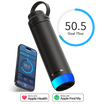
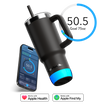
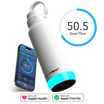
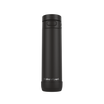
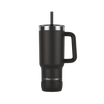
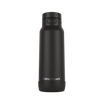
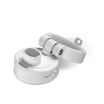
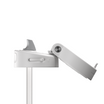
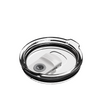
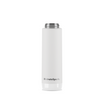
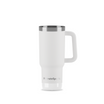
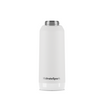
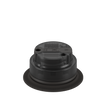
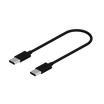


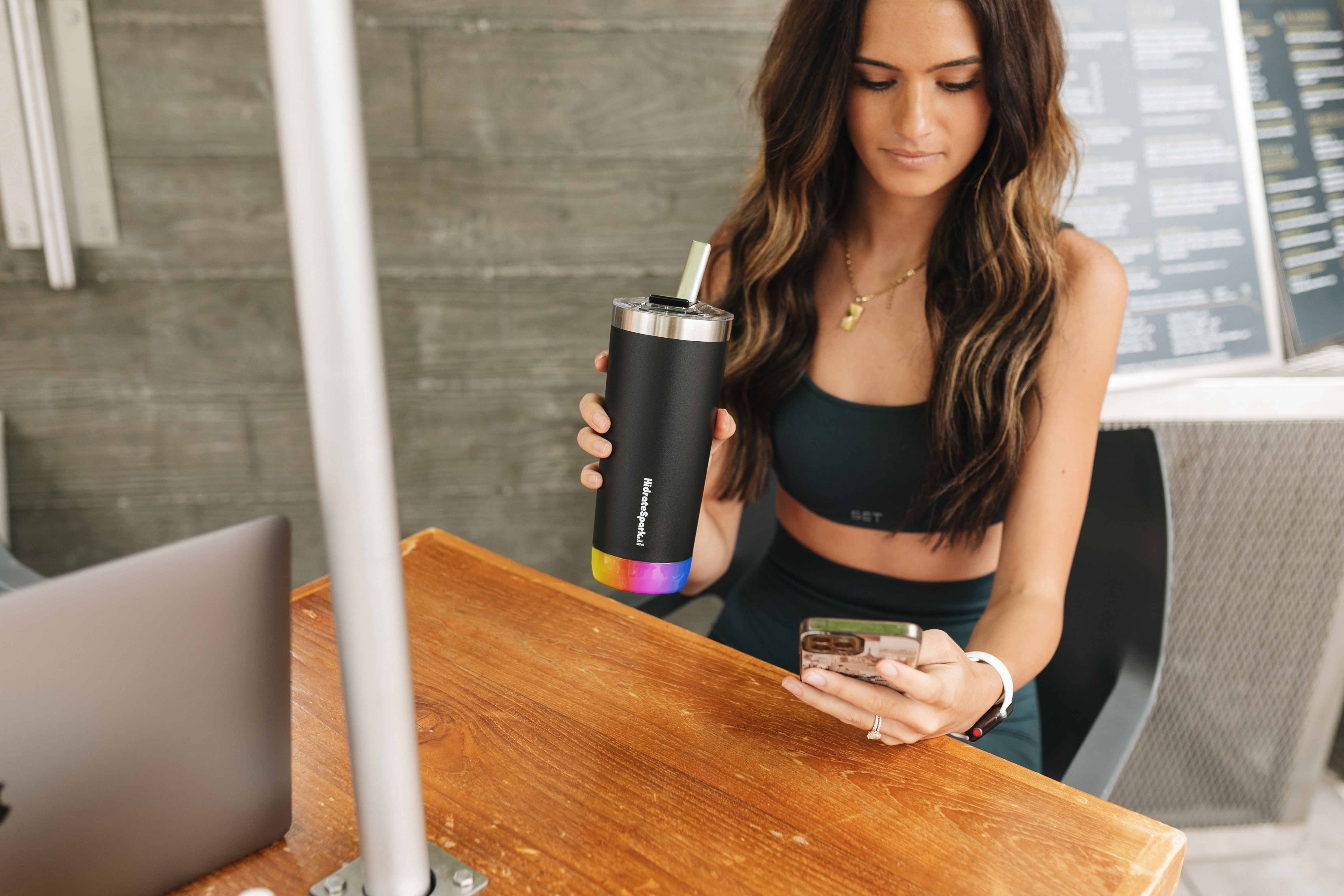
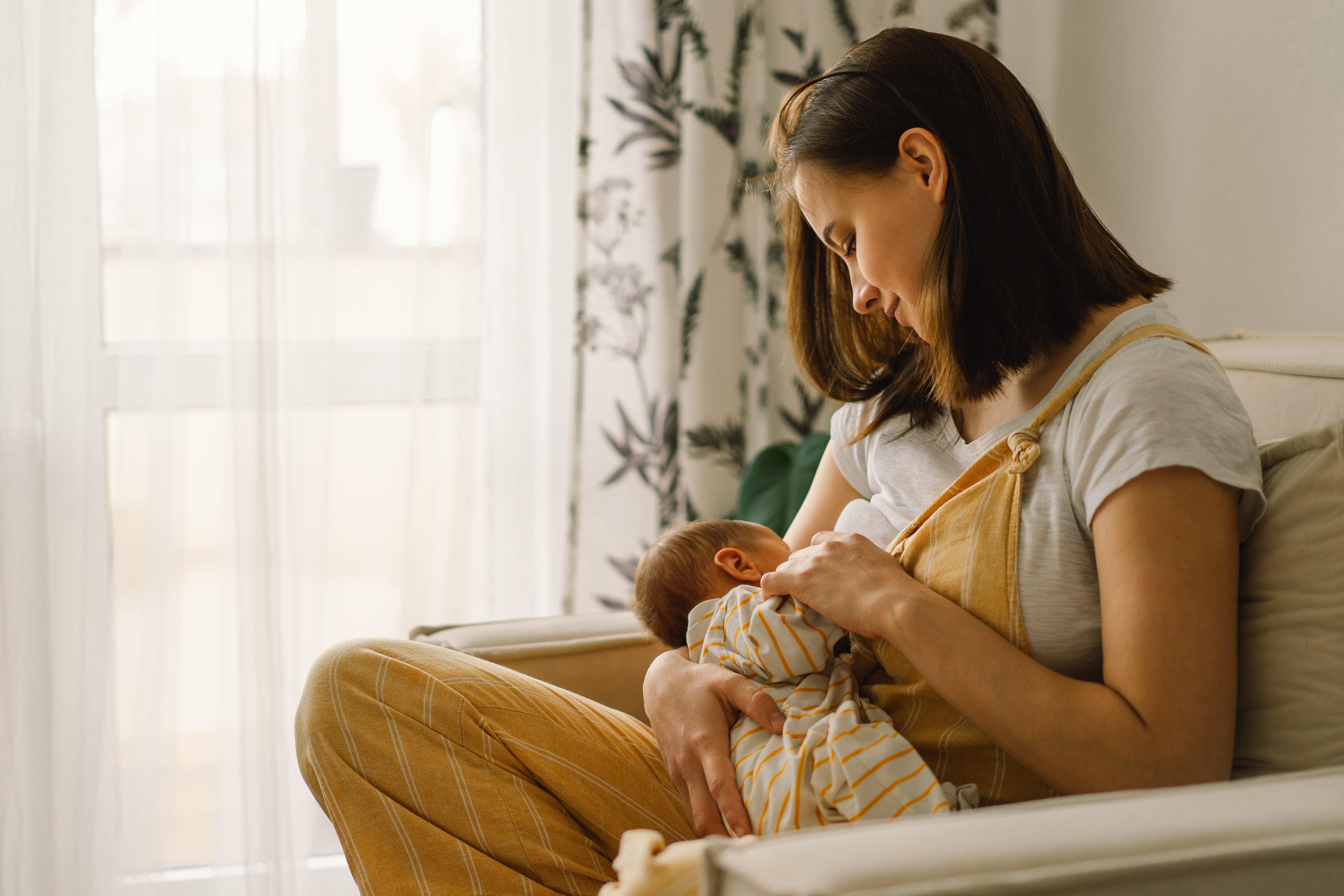
Leave a comment
This site is protected by hCaptcha and the hCaptcha Privacy Policy and Terms of Service apply.